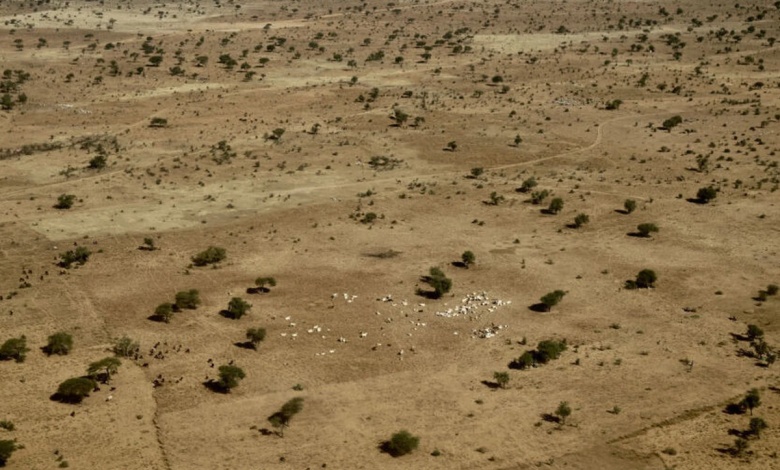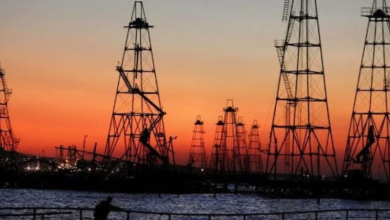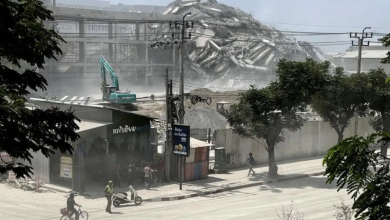Worsening Climate Crisis May Increase Conflict Deaths: IMF

The International Monetary Fund (IMF), a major financial agency of the United Nations, has said in a report that climate change can worsen in war-torn states, leading to higher death rates and reduced GDP.
The International Monetary Fund (IMF) published a report on Wednesday, highlighting the effects of the climate crisis in fragile states.
Every year, the list of “fragile and conflict-affected states” is published by the World Bank, an international financial institution that provides financial assistance to developing countries. There are currently 39 “fragile and conflict-affected states,” as reported by the World Bank.
Wednesday’s report by the IMF covers all 61 countries that have been on the list of List of Fragile and Conflict-affected Situations since 2006.
Effects of climate change
The IMF report has found that climate change intensifies existing unrest and other underlying fragilities. The IMF also predicted that conflicts could increase by close to 10 per cent in fragile countries by 2060.
According to Wednesday’s report, an additional 50 million people in fragile states can be pushed into hunger by 2060 due to the effects of climate change.
Out of 39 “fragile and conflict-affected states,” 21 are in the African continent. On Wednesday, the IMF said in a report titled, “Africa’s Fragile States Are Greatest Climate Change Casualties” that climate change can be threatening to countries across Africa, especially fragile and conflict-affected states.
The IMF report written by Jihad Azour and Abebe Aemro Selassie said that fragile states suffer the most from floods, droughts, storms and other climate-related shocks.
The conflict and lower capacity to manage risks in fragile states can be increased because of the harmful effect of climate events. For example, Somalia had been suffering because of the food insecurity and hunger that was caused by prolonged drought in 2021-22. The areas most severely affected by droughts were already under the control of terrorist groups that affected the delivery of financial and humanitarian assistance to Somalia.
Climate change can also affect rainfed agriculture in fragile states. For example, floods along the Niger river were caused because farmers left the country due to fighting. The IMF, in a report, connects conflicts with climate change.
African leaders urged the richer countries to provide more money to African countries in order to help them fight against climate change. African leaders also vowed to mitigate the effect of climate change. The Kenyatta International Convention Centre (KICC) in Nairobi, the capital and largest city of Kenya, is set to host the Africa Climate Summit & Africa Climate Week 2023.



